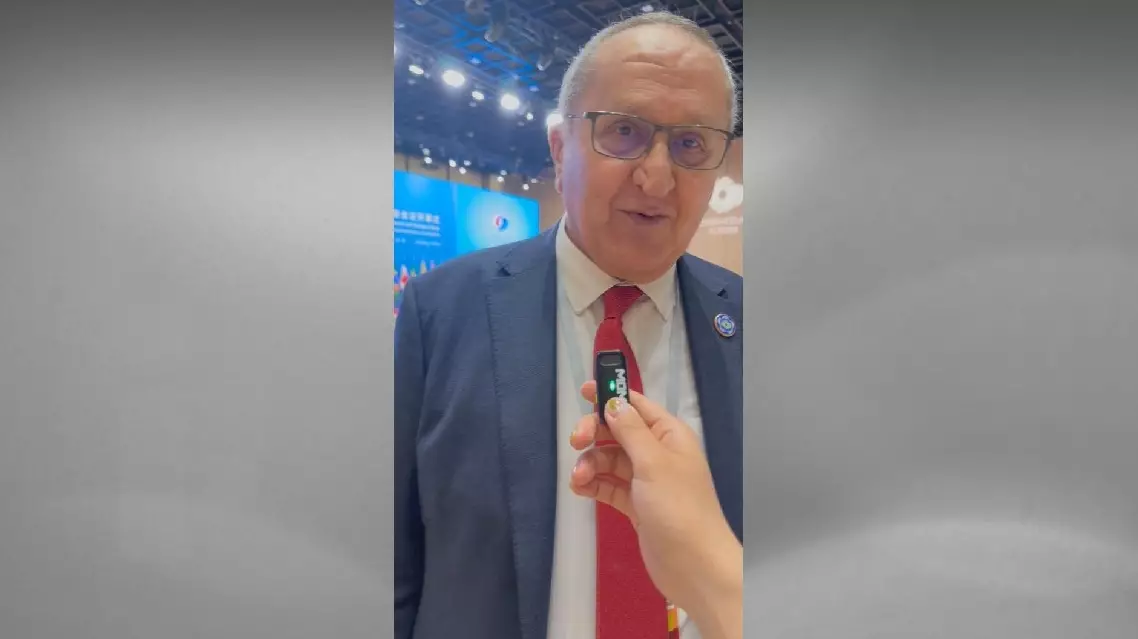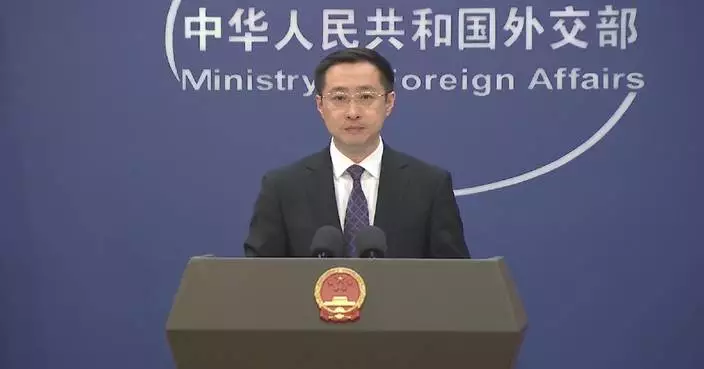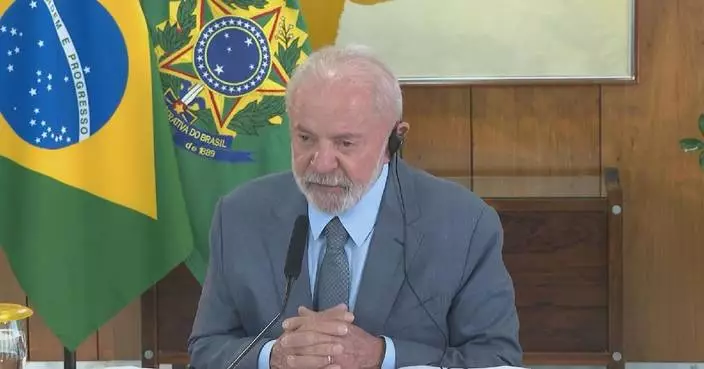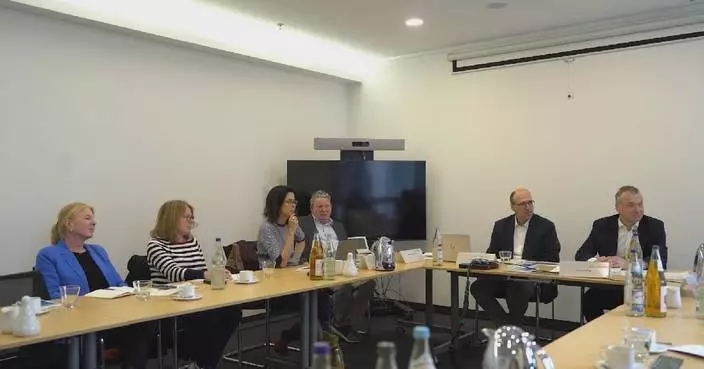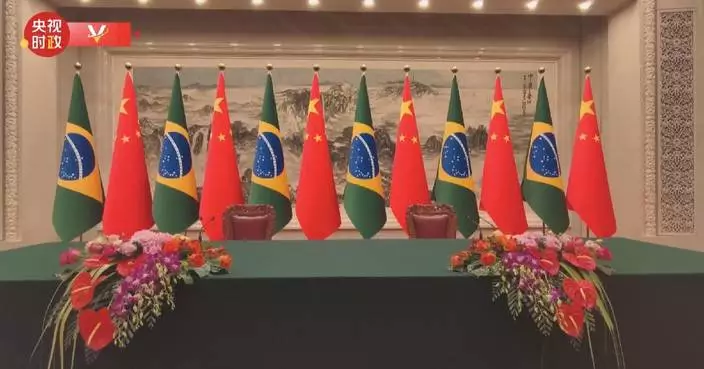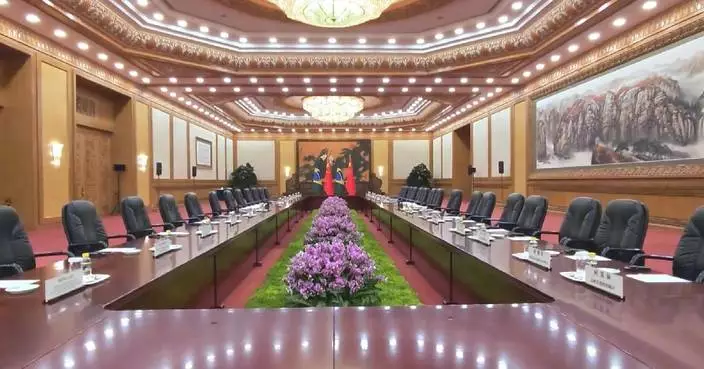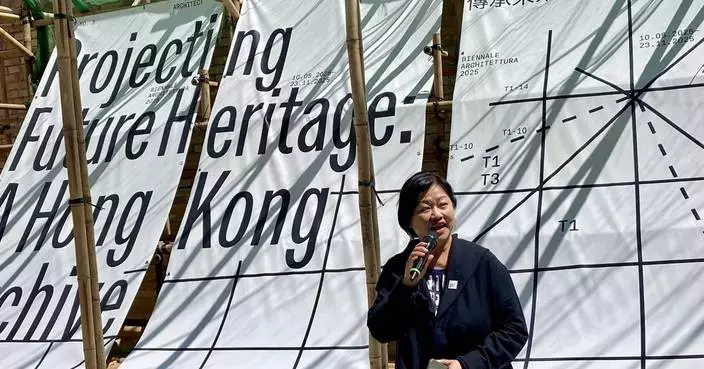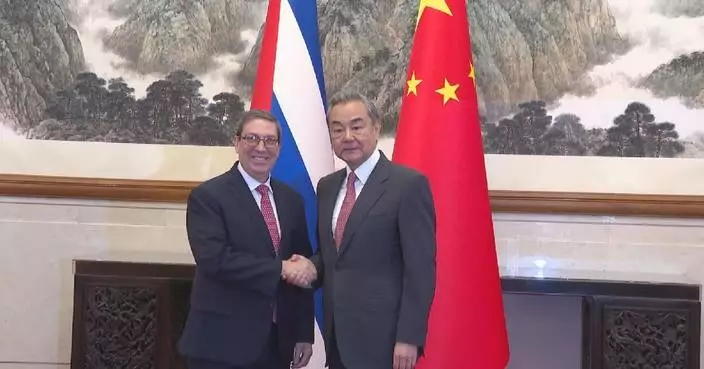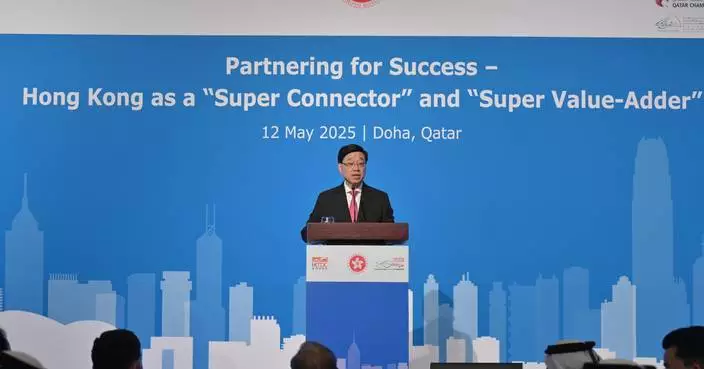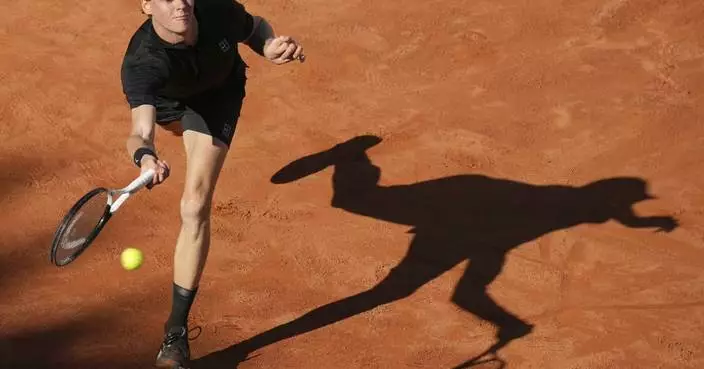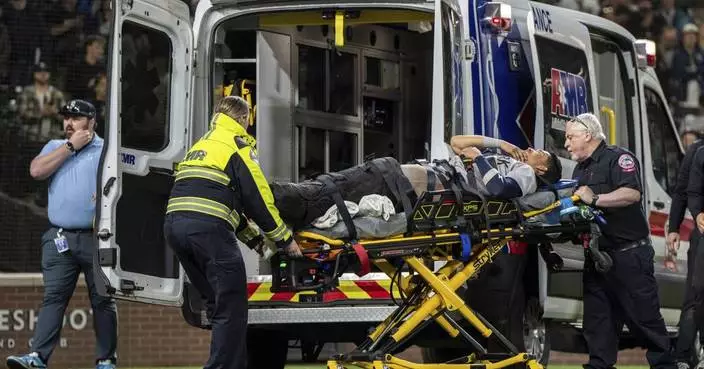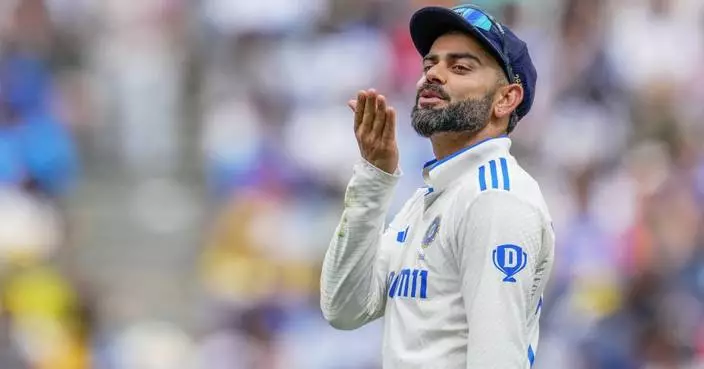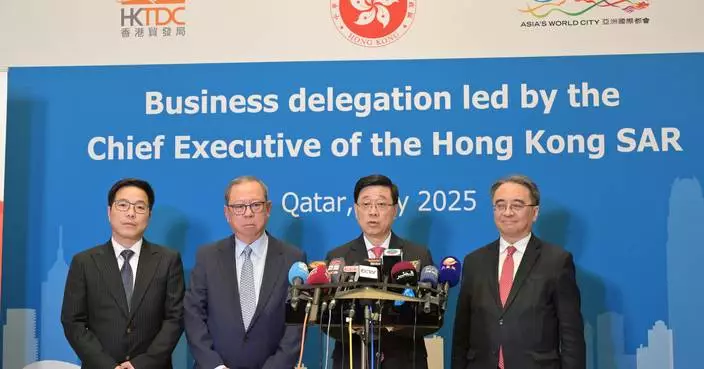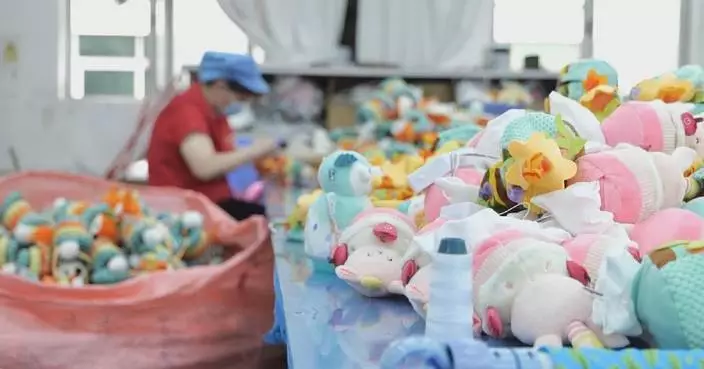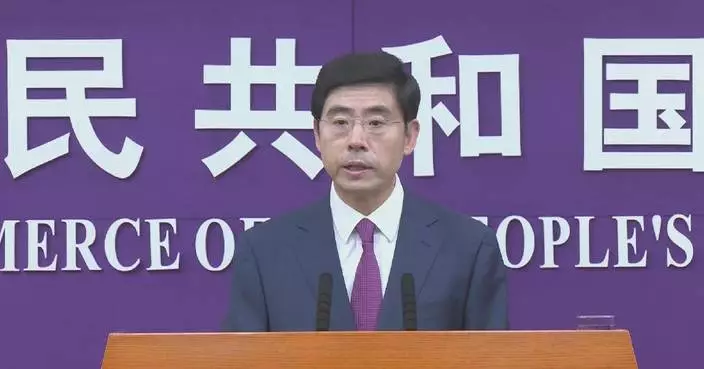Several provinces in China have rolled out a series of proactive measures to promote large-scale equipment upgrades and consumer goods trade-in programs, as part of the efforts to stimulate consumption.
In east China's Shandong Province, ten special campaigns for vehicle and home appliance trade-ins have been launched.
The province plans to hold 200 promotional activities throughout the year, aimed at promoting steady growth in the consumption market.
In north China's Hebei Province, electric bike outlets have introduced a "one-stop" platform service, integrating services such as license plate issuance and de-registration as well as old battery recycling, streamlining the trade-in process for consumers.
Dazhou City in southwest China's Sichuan Province, has witnessed a boom in home appliance sales, thanks to targeted subsidy programs that have helped stimulate demand.
East China's Jiangsu Province has also introduced a special subsidy program for digital products such as mobile phones, tablets, and Bluetooth earphones, offering a subsidy of 15 percent of the transaction prices to encourage consumer spending.
To further promote large-scale equipment upgrades in key sectors such as chemicals, building materials, and aviation, Heilongjiang Province in northeast China has offered investment subsidies and rewards for good performance.
Fujian Province in east China plans to implement 40 equipment upgrade programs in the first quarter of this year, with the goal of injecting new momentum into high-quality economic development.
In China, consumption has increasingly played a predominant role in recent years under the country's strategy of advancing a "dual-circulation" development pattern, which takes the domestic market as the mainstay while allowing domestic and international markets to reinforce each other.

Some Chinese provinces roll out measures to stimulate consumption



